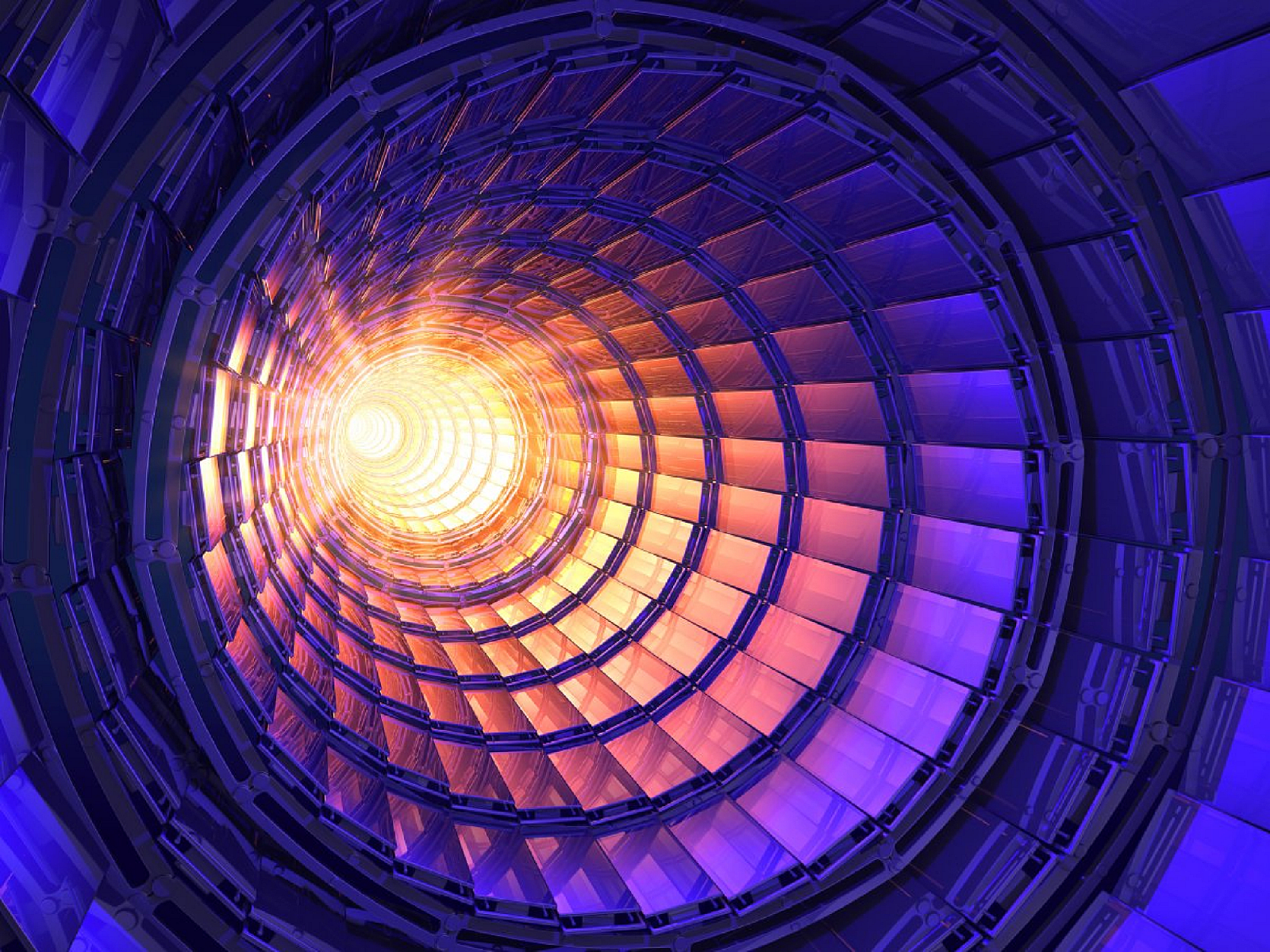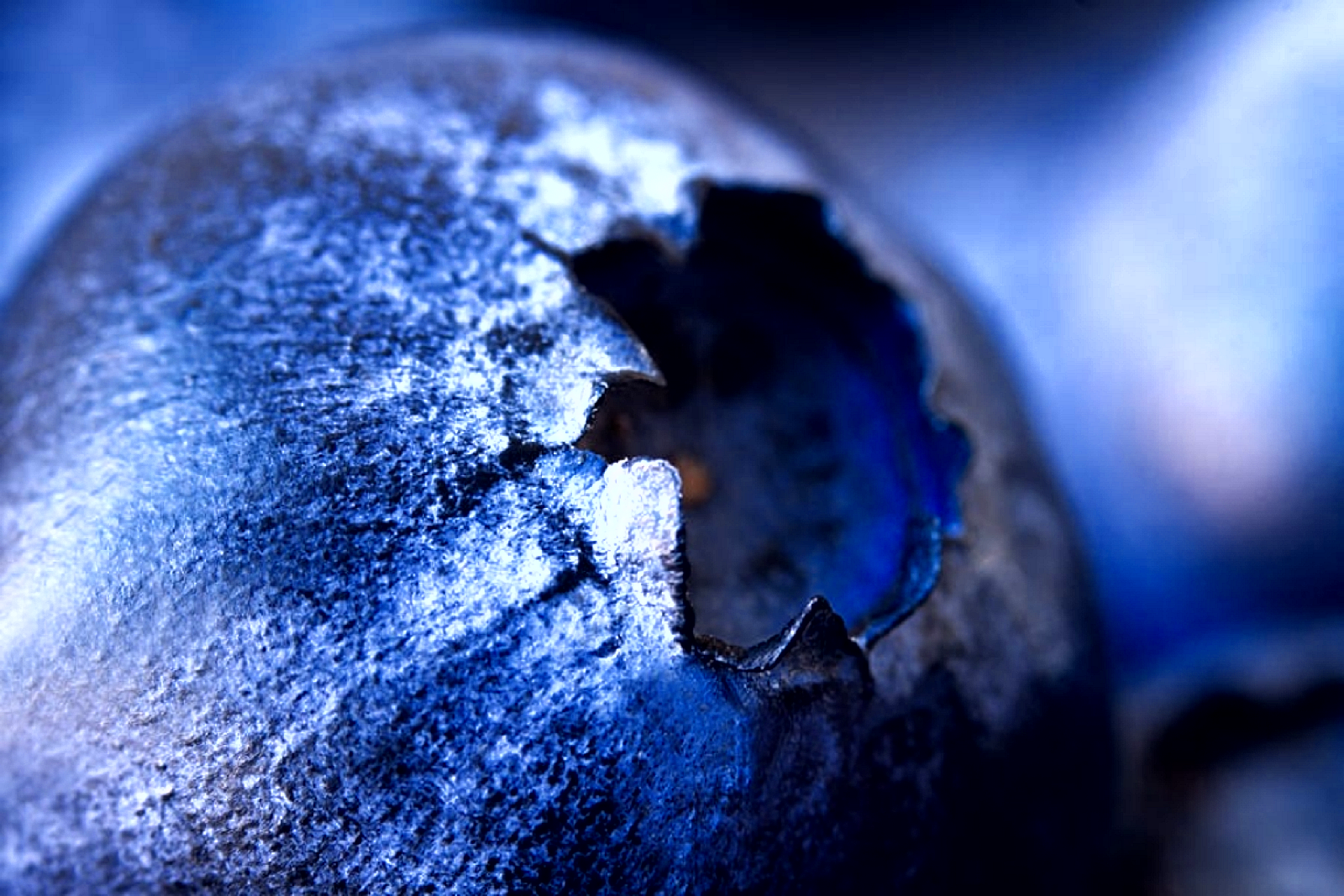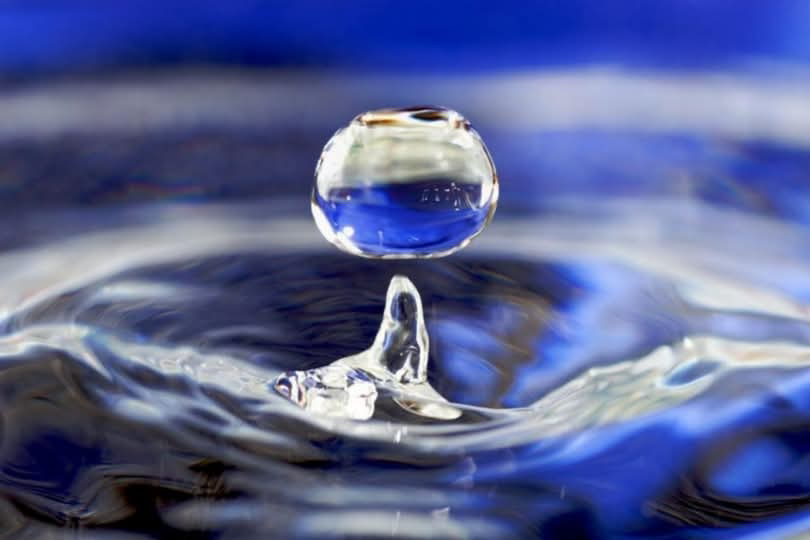Unifying Quantum Gravity: A Classical Path Through the Fifth Dimension

Quantum gravity in five dimensions provides a novel framework to bridge the gap between quantum mechanics' probabilistic oddities and general relativity's deterministic curvature, rendering the universe fully classical and intuitive. By introducing a fifth dimension as an evolution parameter, particles and spacetime evolve progressively, naturally producing quantum-like phenomena such as entanglement and interference without invoking inherent randomness. This approach, detailed in recent theoretical work, reimagines foundational physics through gradual worldline development. Fundamental Conflict Quantum mechanics excels at describing microscopic particles through wavefunctions and superpositions, yet it conflicts irreconcilably with general relativity's smooth spacetime geometry, particularly in regimes like black hole singularities or the Big Bang. Traditional quantum gravity pursuits—such as loop quantum gravity or string theory—grapple with infinities and non-renorm...



